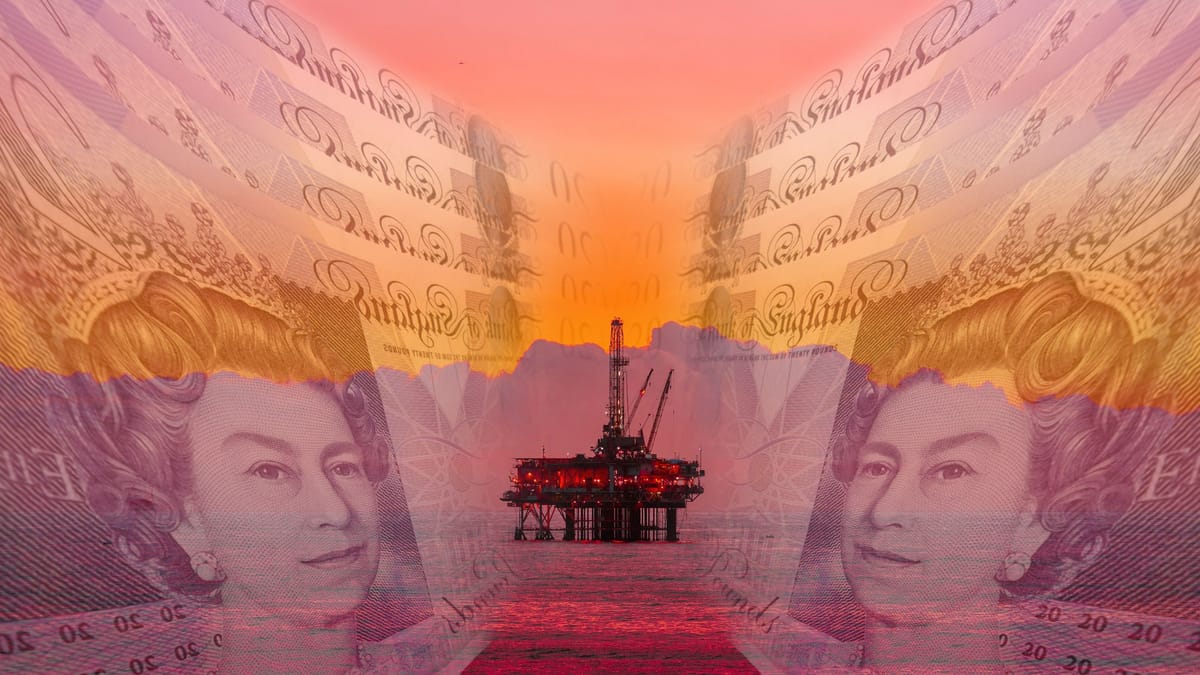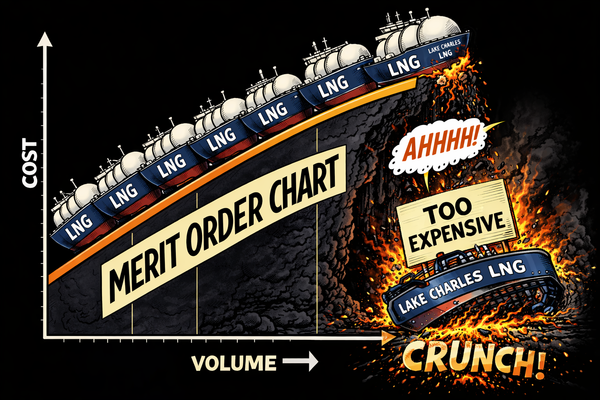Tilting at windfall taxes (part 2)
UK government’s bid to claw back profits is riven with dubious trade-offs


Member discussion: Tilting at windfall taxes (part 2)
Read what members are saying. Subscribe to join the conversation.
UK government’s bid to claw back profits is riven with dubious trade-offs


Read what members are saying. Subscribe to join the conversation.

Chaos looms after audacious decapitation of Maduro regime

How natural gas prices dictate the pace of energy transition

PLUS: Tracking the glut, cheap gas and the energy transition, 2025 in review, Chart Deck + TTF Risk Model update

New LNG physical balance index monitors glut conditions in real-time | Chart Deck — 19 Dec 2025